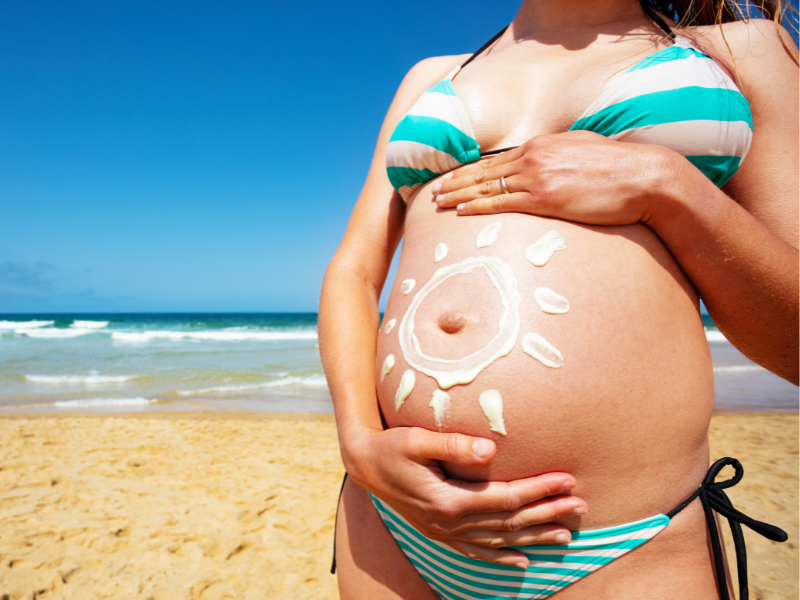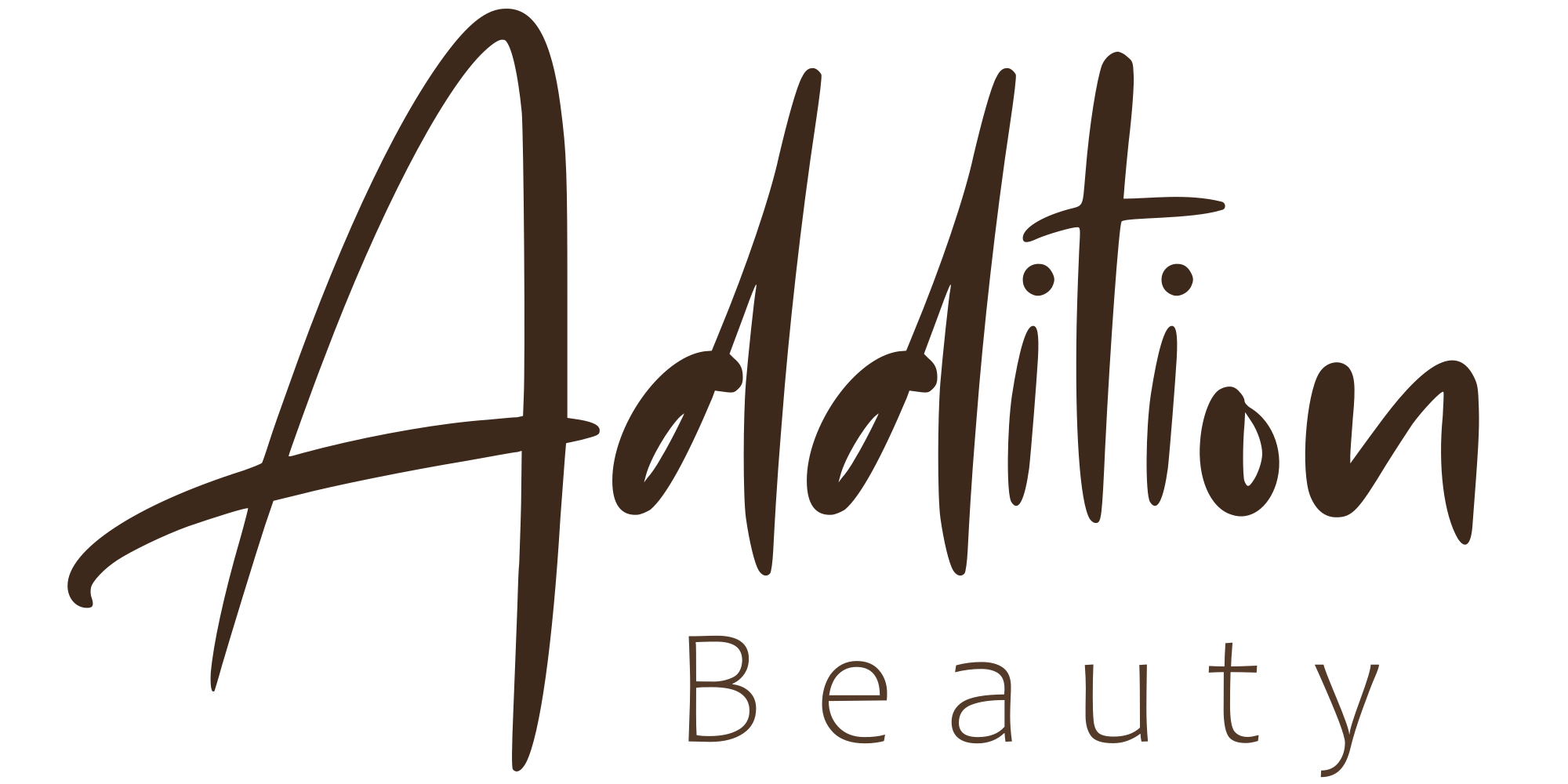
Chemicals in Sunscreen to Avoid When Pregnant or Nursing
Generally, it is recommended to opt for a mineral sunscreen over a chemical sunscreen (and non-aerosol is best)! Some chemicals in sunscreen have been a cause of concern due to their potential effects on hormone levels and their ability to cross the placental barrier. It is essential to choose sunscreens that are safer for these sensitive periods in a person's life. Read on to learn more!
Here are a few chemicals to avoid in sunscreens during pregnancy and breastfeeding:
*Oxybenzone: common chemical used in sunscreens to absorb UV rays. Found to have hormone-disrupting properties and has been detected in the blood after topical application. 1,2
*Octinoxate (Ethylhexyl methoxycinnamate): UV-absorbing chemical. Studies have indicated that it may affect hormone levels and could potentially interfere with normal hormone function during pregnancy and nursing.
*Homosalate: an ingredient often added to improve their UV absorption. It has been detected in breast milk and could be absorbed through the skin. 3
*Octocrylene: used in sunscreens to stabilize other UV-absorbing ingredients. It has been detected in the blood after topical application and might have potential adverse effects during pregnancy and nursing.
*Retinyl Palmitate (Vitamin A Palmitate): a form of vitamin A sometimes added to sunscreens for its antioxidant properties. Excessive vitamin A intake has been linked to birth defects, so it's better to avoid sunscreens containing retinyl palmitate during pregnancy. 4
Instead of sunscreens containing the above-mentioned chemicals, individuals who are pregnant or nursing should opt for mineral-based sunscreens such as NON-nano zinc oxide. This active ingredient works as a physical barrier to reflect and scatter UV rays without being absorbed into the skin. This is the safest option to avoid any nano particles crossing the blood brain barrier and is less likely to cause hormone disruption.
Always consult with a healthcare professional, such as your fertility doctor, obstetrician, or a dermatologist, before making any changes to your skincare routine or before using any new products during pregnancy or nursing. Personal health factors can vary, and it's essential to receive individualized advice based on your specific situation.
Sources
2: https://www.sciencedirect.com/science/article/abs/pii/S0890623818305835
3: https://www.safecosmetics.org/chemicals/homosalate/


